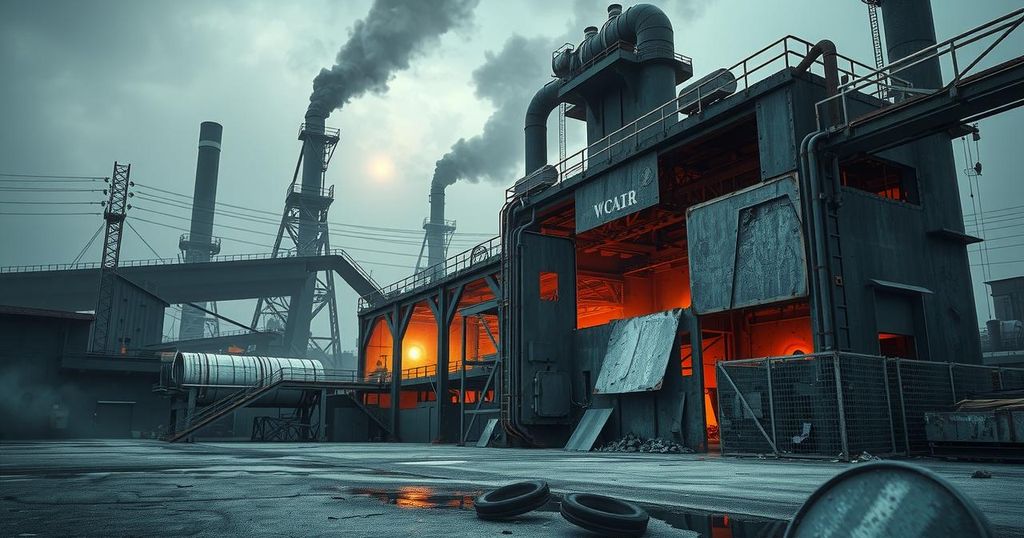World news
ANDY BAKER, ASIA, AUSTRIA, CIA, DAVID WARRINGTON, EUROPE, FOX NEWS CHANNEL, IAEA BOARD OF GOVERNORS, INTERNATIONAL ATOMIC ENERGY AGENCY, IRAN, NATIONAL SECURITY, NORTH AMERICA, NUCLEAR POLICY, NUCLEAR WEAPONS, POLITICS, RAFAEL GROSSI, RATCLIFFE, ROD LAMKEY, TRUMP ADMINISTRATION, U. S, UNITED STATES, VIENNA, WASHINGTON
Fatima Khan
0 Comments
CIA Chief Informs Lawmakers of Major Setback to Iran’s Nuclear Program
- CIA Director John Ratcliffe states U.S. strikes severely impacted Iran’s nuclear program.
- America’s military operations destroyed Iran’s metal conversion facility in Isfahan.
- Intelligence suggests much of Iran’s enriched uranium remains buried under rubble.
- Rafael Grossi confirms significant damage to Iran’s nuclear capabilities but warns of ruins that remain.
- Diplomatic solutions are critical as Iran’s nuclear know-how persists despite recent strikes.
CIA Director Highlights Impact of Recent Strikes on Iran’s Nuclear Capabilities
The recent classified briefing held by CIA Director John Ratcliffe has generated quite a buzz among U.S. lawmakers. He reportedly informed lawmakers that American military strikes have significantly set back Iran’s nuclear program, specifically targeting its only metal conversion facility. During this briefing, which took place last week, Ratcliffe asserted that the strikes would take years for Tehran to recover from as they were “obliterating like nobody’s ever seen before,” suggesting substantial damage was inflicted.
Details Emerge About Iran’s Enriched Uranium Status After Strikes
Ratcliffe’s remarks left lawmakers weighing the magnitude of the setback to Iran’s nuclear ambitions. He indicated that the metal conversion facility destroyed at the Isfahan site effectively impedes Iran’s capability to produce nuclear bombs in the near term. Beyond the immediate destruction of infrastructure, the CIA Director also mentioned that much of Iran’s enriched uranium remains obscured under debris from the strikes, which targeted three key sites, raising questions about the full extent of the damage.
Ongoing Diplomatic Imperatives Amid Assessment of Damage
According to Rafael Grossi, the Director General of the International Atomic Energy Agency, the capabilities for uranium treatment and conversion have been affected significantly, although some infrastructure remains. The recovery and assessment of the damage hinge on Iran’s willingness to permit inspections, an unlikely scenario given current tensions. U.S. officials, including Secretary of State Marco Rubio, maintain that Iran’s ability to conduct advanced nuclear operations has been greatly compromised, but Grossi warns against underestimating the know-how Iran still possesses, indicating that diplomatic engagement is essential for any lasting resolution.
In summary, CIA Director John Ratcliffe informed lawmakers that U.S. military strikes have crucially disrupted Iran’s nuclear ambitions by demolishing its metal conversion facility, possibly causing a long-term setback. Meanwhile, Iranian capabilities—though damaged—remain a concern, necessitating ongoing diplomacy to address the issues surrounding their nuclear program.




Post Comment